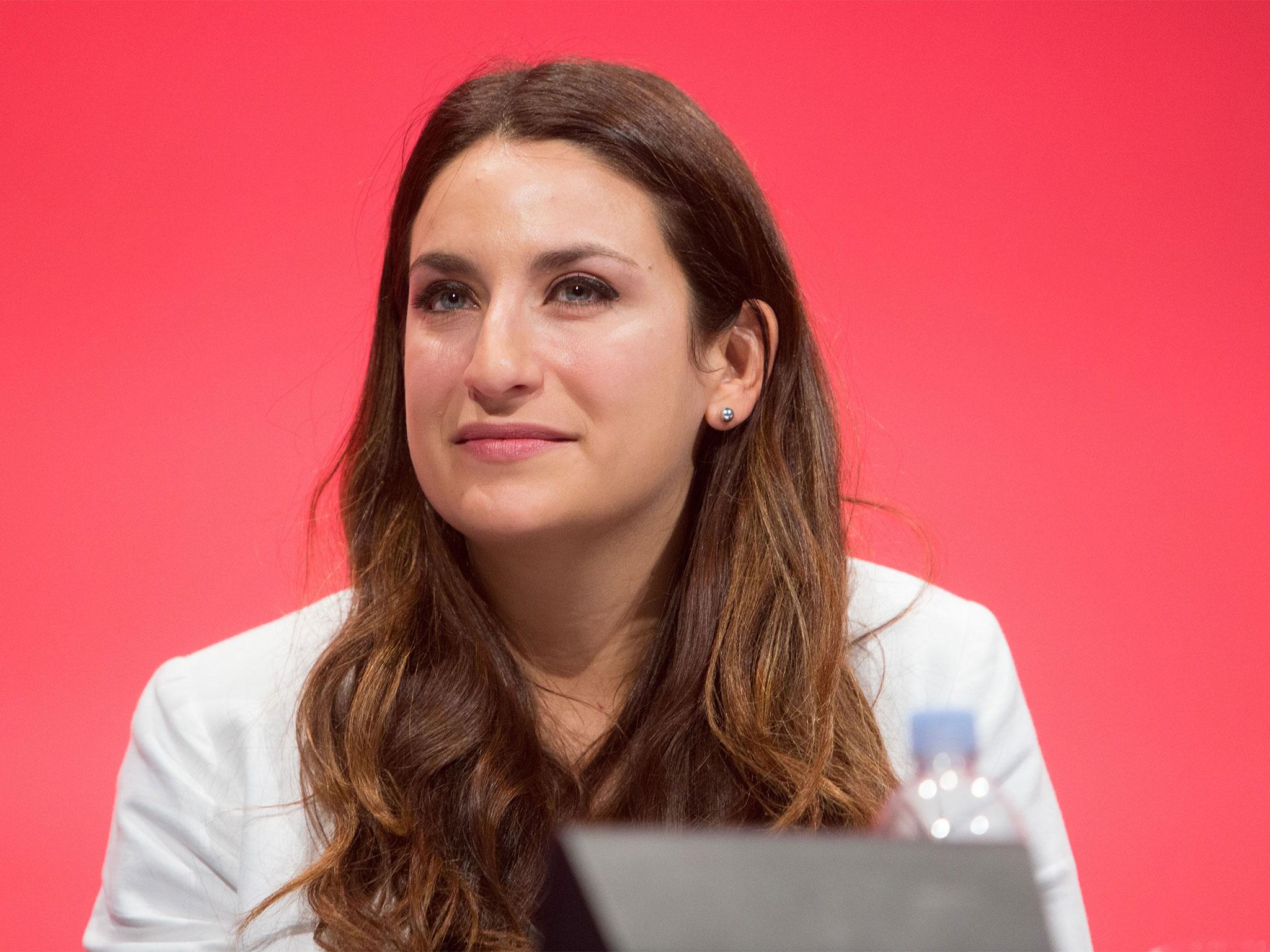From Luciana Berger to Margaret Thatcher, women in politics are held to a completely different standard to men
If we want more women in politics, this double standard needs to be addressed. Why would women stick their necks out to be in the frontline when this is how we are treated?

Your support helps us to tell the story
From reproductive rights to climate change to Big Tech, The Independent is on the ground when the story is developing. Whether it's investigating the financials of Elon Musk's pro-Trump PAC or producing our latest documentary, 'The A Word', which shines a light on the American women fighting for reproductive rights, we know how important it is to parse out the facts from the messaging.
At such a critical moment in US history, we need reporters on the ground. Your donation allows us to keep sending journalists to speak to both sides of the story.
The Independent is trusted by Americans across the entire political spectrum. And unlike many other quality news outlets, we choose not to lock Americans out of our reporting and analysis with paywalls. We believe quality journalism should be available to everyone, paid for by those who can afford it.
Your support makes all the difference.It feels like the place of women in politics has taken a few steps backwards this week, as those at political extremes have marginalised and demeaned female politicians.
Luciana Berger, the MP for Liverpool Wavertree, was told by the newly elected Labour Party executive committee that she needs to apologise to Jeremy Corbyn for not supporting him in the past and that she must “get on board quite quickly now … she will have to be answerable to us”.
While the comments were political, the aggression and hatred directed towards women are so much more extreme than those experienced by men. As Yvette Cooper acknowledged: “Shamefully, during this general election campaign we’ve seen Tory women MPs and candidates targeted with some vile abuse.” Berger was shrew-tamed by the newly elected executive and arguably threatened with deselection for failing to pass a loyalty litmus test.
Last year, Berger resigned from the Shadow Cabinet following concerns about the divisiveness within the Labour party under Corbyn. The openness with which she is being pressured into changing her position to get in line with a doctrine she is clearly uneasy with is chilling.
One needn’t agree with Berger’s political views to be concerned that she is being targeted. To echo the rallying cry for female politicians globally who are being harangued by men, I hope that “nevertheless she persists”.
At the same time, our first female prime minister, Margaret Thatcher, is being denied her statue in Parliament Square on the grounds that it may be vandalised. Regardless of her politics, Thatcher was extraordinary, persistent and deserving of the statue.
It’s telling that this is even a discussion – no one is talking about removing Winston Churchill’s statue because of the danger of vandalism, and there are many who can look askance at his policies. Nor is it proposed that other controversial male figures be removed, such as Jan Smuts, former prime minister of South Africa and segregationist whose views are surely not supported today.
Would there be such a discussion if it was a male prime minister who had taken us from the Winter of Discontent and laid the groundwork for economic stability and growth? Men are allowed their flaws, regardless of how fundamental, yet Thatcher is being held to a different standard.
There is a whiff of male-dominated political groups and parties using political arguments to marginalise women.
If we want more women in politics, this needs to be addressed. Why would women stick their necks out to be in the frontline when this is how we are treated? The role of being in parliament is a privilege one which must go both ways. The #MoreinCommon movement which was initiated after the tragic murder of Jo Cox will wither if we cannot do the right thing by those who are in the forefront.
The current political landscape is volatile and polarised, and we’re losing touch of what really matters. Politics needs good people, not perfect people. The UK is a diverse nation that is made up of different ethnicities, religions, life experiences, and is 51 per cent female. We need that representation in politics, and in the memorials we create.
The current situation demands a new era of awareness and engagement on the part of politicians. They have to be willing to listen to those outside the bubble, which at the moment is middle class, white, and male. They need to place national interest and the long-term interests of their constituents above self-interest and ego. Constituents have responsibilities to stay informed, to speak up and to hold elected officials to account. Politicians need to be close and accessible rather than distant and unreachable.
We all deserve politicians and parties on the right side of history. We must create a new home for those who, like me, currently find that speaking up for what is sensible feels more and more radical.
Annabel Mullin is a Liberal Democrat parliamentary spokesperson for Kensington
Join our commenting forum
Join thought-provoking conversations, follow other Independent readers and see their replies
Comments